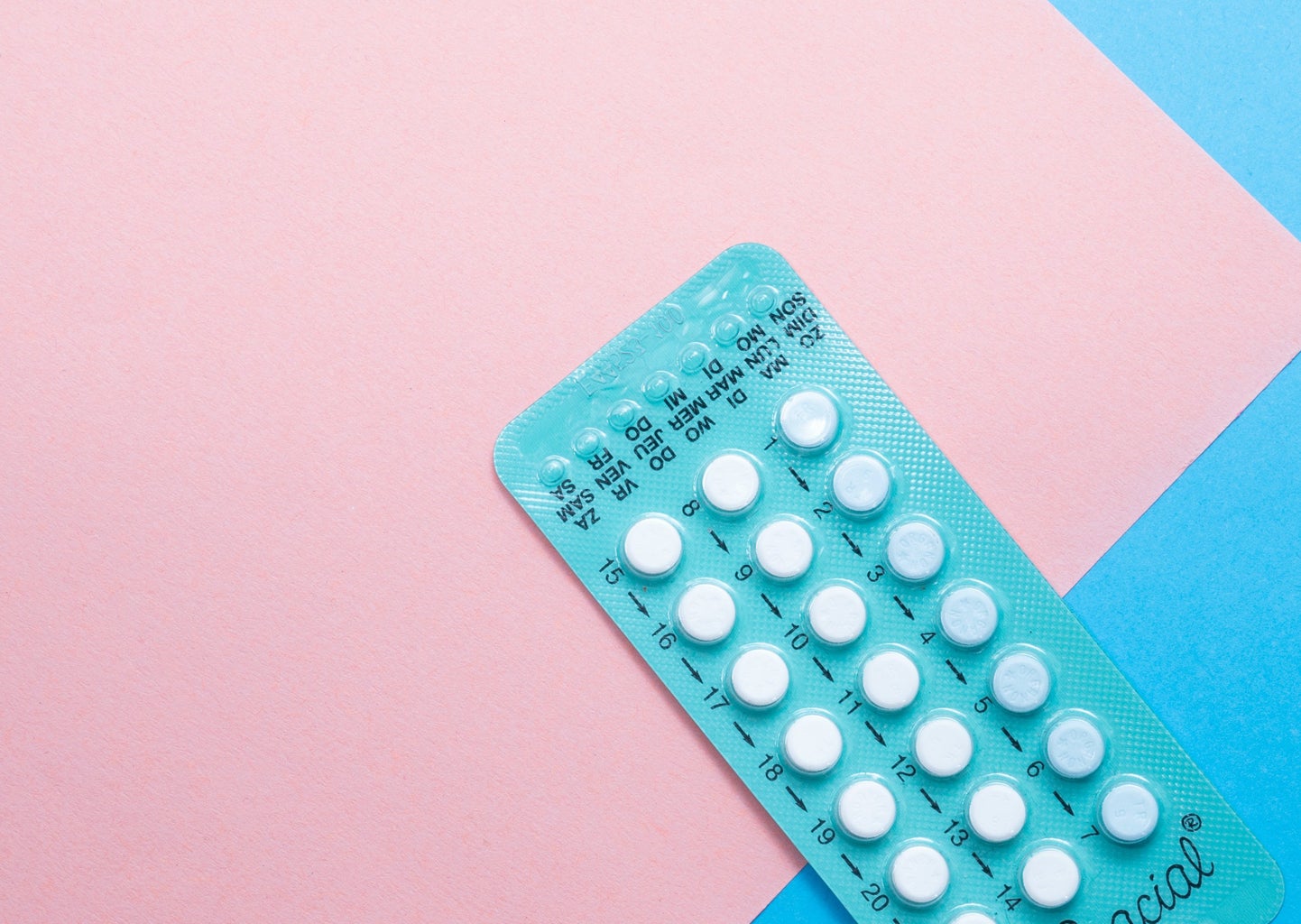My journey with Polycystic ovary syndrome, a hormonal condition otherwise known as PCOS, began during my first semester of college. At the beginning of freshman year, I had just come off of the hormonal birth control pill and noticed that I was experiencing an array of strange and uncomfortable symptoms. I was gaining weight seemingly out of nowhere, my skin was breaking out into painful, cystic acne, I was constantly feeling fatigued, and I had gone several months without getting a period. After almost a full semester of suffering from these hormonal symptoms, I knew that it was time to see my doctor, and after a few blood tests I found that my hormones were completely out of whack! I soon met with a gynecologist, who after seeing my blood work and hearing about my long list of symptoms, diagnosed me with PCOS.
I was immediately filled with dread and anxiety upon receiving this diagnosis. I couldn’t help but worry about how PCOS would impact not only my reproductive years, but the rest of my life. My thoughts soon became catastrophic and self-deprecating. What if I’m unable to conceive when I’m older? How will my overall health be impacted in the future? Am I still lovable and worthy despite the symptoms that I experience?
However, I soon came to realize that I was not alone in my experience, as The World Health Organization shares that PCOS is a relatively common hormonal condition that “affects an estimated 8-13% of reproductive aged-women”.
In this article, I will discuss the practices and mindset shifts that have helped me to heal my hormones since getting diagnosed with PCOS. However, I feel that it is important to note that PCOS can present itself differently amongst all those who experience the hormonal condition. So, the treatment that works for me may not be the solution for the next!
Tik Tok is not a doctor
The internet is notorious for being a space where misinformation is often spread, and like many people unfortunately do, I went to social media to research my newly diagnosed condition. While scrolling through countless TikTok videos of women sharing their personal experiences with PCOS, I found that many health and wellness influencers promote a more natural approach to healing hormonal imbalances, one in which hormonal birth control pills and other western medicines used to treat PCOS are completely out of the picture.
And don’t get me wrong, I believe it is extremely important that women educate themselves on the medications that they are putting in their bodies (especially birth control, a pill that comes with a pamphlet full of side effects). However, I have found that TikTok influencers are not the best source of education, especially when it comes to treating a hormonal condition.
When my gynecologist first recommended that I go back on the pill, I was hesitant and felt nervous because of all the negative misinformation I had seen about birth control online. Yet in my personal experience, being back on hormonal birth control has tremendously improved my symptoms so far. My periods have become regular again, my skin is clearing up, and I’ve been feeling significantly less fatigued.
With my improving symptoms, I have learned to trust my gynecologist, and bring my questions and concerns to her rather than the TikTok search bar.
Self-love is important (No Matter the Symptoms)
Many of the symptoms I was experiencing due to PCOS quickly took a blow to my self-esteem. I was already quite concerned about my appearance since I was constantly meeting new people, as one does during their first semester. The hormonal symptoms I was experiencing only heightened this feeling of self-consciousness. My consistent breakouts and changing clothing size made me want to hide from the world out of shame and embarrassment. The fact that my physical appearance was changing made me feel helpless, like I was a prisoner to my own body.
However, I have found that these feelings of insecurity and thoughts of self-criticism have dissipated since I’ve started practicing self-love on a daily basis. I show my body love by eating a balanced diet, making sure I get an adequate amount of sleep each night, and engaging in light exercise that doesn’t exhaust my body. Although speaking kindly to oneself is much easier said than done, I have noticed that repeating positive affirmations to myself has improved my self-image, as well as my overall mental health.
words of wisdom
With the help of prescribed medication and self-care practices, my PCOS symptoms are improving each day. Some days are always going to be easier than others while living with a hormonal condition, and I’m learning to accept the fact that it is okay to not always be on my A-game!
If there is any piece of advice or words of affirmation I would give to someone who has recently been diagnosed with PCOS, it is this:
Sure, finding out that you have a hormonal condition can feel frightening at first, but know that PCOS is a relatively common disorder that comes with treatable symptoms. You are still beautiful, lovable, strong, worthy, and capable despite experiencing a hormonal disorder. Your PCOS diagnosis does not define you, it is only a small fragment of who you are!
Can’t get enough of HC UMass Amherst? Be sure to follow us on Instagram, listen to us on Spotify, like us on Facebook, and read our latest Tweets!



